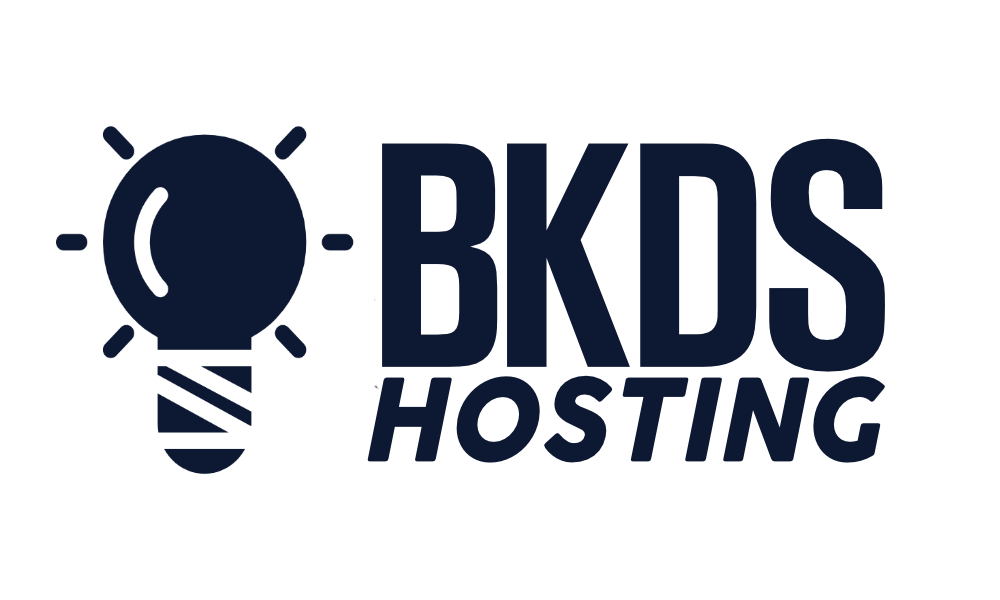In the digital age, the online presence of a business, particularly small businesses, is paramount to its success. The capacity to maintain a seamless, uninterrupted service via their websites is often a key determinant of their competitiveness in the market. Website downtime, a period when a website is unavailable or inaccessible to users, is a common challenge that can have far-reaching implications. It's not just about the immediate loss of sales or revenue, but the potential long-term effects that can ripple through every aspect of a business. From damaging the brand reputation to impacting search engine ranking and customer experience, the consequences are multifaceted and lasting. As we delve further into this topic, we will explore the seven most compelling reasons that underscore the adverse impact of website downtime on small businesses.
Impact on Sales and Revenue

The detrimental impact of website downtime on sales and revenue is a serious concern for small businesses, as it not only disrupts the customer experience but also creates a potential for significant loss of sales opportunities. The very nature of the digital marketplace necessitates a near-constant presence, and any deviation from this can have severe repercussions.
Downtime can cause a swift and brutal decrease in revenue. This is due to the fact that modern consumers often have a multitude of options readily available at their fingertips. If a website is unavailable, they can simply move onto a competitor's site. This loss of potential sales cannot be underestimated, as even a small drop in customer traffic can result in a substantial reduction in revenue.
Moreover, prolonged or repeated downtime hurts the reputation of the business, further exacerbating the issue. It can lead to a loss of customer trust, and once lost, this can be incredibly difficult to regain. For a small business, this can create a financial impact from which it may be challenging to recover.
Therefore, ensuring website uptime is crucial. It is an essential aspect of maximizing profits, maintaining customer satisfaction, and securing the longevity of a business in the innovative, fast-paced digital marketplace.
Damaging Brand Reputation
Eroding brand reputation, a critical consequence of unscheduled downtime, is often precipitated by frustrated customers who, faced with an unresponsive website, may not only switch to competitors but also leave damaging feedback online. This is particularly detrimental for small businesses which are still building their brand credibility and market presence.
When small businesses experience long periods of downtime, it forms a negative perception regarding their reliability and commitment to customer satisfaction. This perception can gradually seep into the collective consciousness of the target audience, leading to a damaging brand reputation that is hard to reverse.
Moreover, during periods of unscheduled downtime, the unavailability of systems often drives customers to seek alternative sources for their needs. This not only leads to immediate loss of sales revenue but also provides an opportunity for competitors to capture these lost sales, giving them an advantage in the market.
Lastly, the ability to quickly react and resolve website downtime is instrumental in mitigating the damage to brand reputation. It demonstrates a commitment to customer satisfaction and reliability, enhancing the overall user experience and helping to preserve the brand reputation in the long run.
Effect on Search Engine Ranking

While the damage to brand reputation is significant, an equally detrimental impact of website downtime for small businesses is its effect on search engine ranking. Search engines use complex algorithms to determine the rank of a website in search results, and a history of downtime is heavily penalized. This is because downtime indicates a poor user experience, a factor that search engines are increasingly prioritizing.
When a website experiences significant outages, it is ranked lower in search results. This directly impacts the site's visibility and its ability to attract organic traffic. For small businesses, which often rely on organic traffic for growth and customer acquisition, this can have severe consequences. They may struggle to compete with larger, more established businesses that have more robust infrastructures and thus, less downtime.
Maintaining uptime is, therefore, crucial for small businesses. Not only does it ensure a better user experience, but it also protects the website's search engine ranking. Websites with frequent downtime will find it increasingly difficult to maintain a strong presence in search engine results, leading to a decline in organic traffic and potential revenue loss. Hence, small businesses must prioritize strategies to reduce website downtime.
Customer Experience and Retention
In the realm of small businesses, a superior and personalized customer experience can significantly boost retention rates, fostering long-term relationships and enhancing brand loyalty. However, website downtime can drastically disrupt this, leading to a poor user experience and potentially damaging customer experience and retention.
Downtime can be especially detrimental for small businesses that rely heavily on their online presence. It interrupts the user journey, creating frustration and dissatisfaction. This negative experience can influence perceptions of the brand, decreasing trust and loyalty, and ultimately leading to customer attrition.
Moreover, the impact of downtime extends beyond the immediate inconvenience. In a digital era where customers have a multitude of choices at their fingertips, even a minor disruption can make them switch to a competitor. This loss of customers can have a significant financial impact, especially for small businesses with limited resources.
Increased Vulnerability to Cyber Attacks

Amidst the challenges of website downtime, small businesses also grapple with an increased vulnerability to cyber attacks, particularly as their web traffic grows. This situation is exacerbated as such businesses often operate with limited resources, hindering the implementation of robust cybersecurity measures. The implications of an attack are severe, including financial risks and reputational damage that could be devastating for a small business.
To safeguard against these threats, small businesses should consider the following strategies:
- Regularly monitor website's security status using a website monitoring service to promptly identify and address any potential threats.
- Stay informed about the latest malware and viruses known to exploit vulnerabilities in website systems.
- Invest in secure hosting with providers that prioritize cybersecurity to add an extra layer of protection.
- Regularly update and patch all website software to close any security gaps that hackers could exploit.
- Implement regular security checks and audits to ensure the effectiveness of implemented security measures.
Conclusion
In conclusion, website downtime has significant adverse effects on small businesses, including reduced sales and revenue, damaged brand reputation, lowered search engine rankings, compromised customer experience and retention, and increased vulnerability to cyber attacks. Therefore, maintaining optimal website uptime is essential for business success. Small businesses must prioritize website management and employ strategies to minimize downtime, thereby ensuring continuous online presence, customer satisfaction, and overall operational efficiency.

